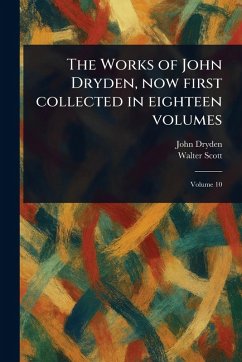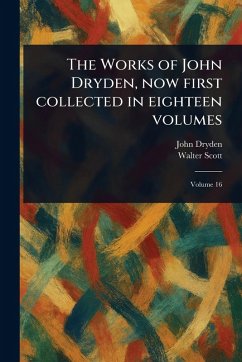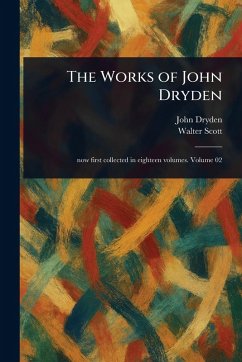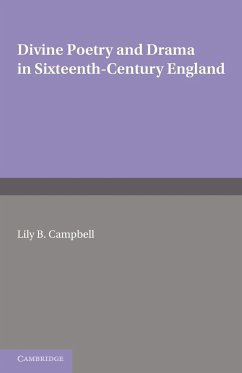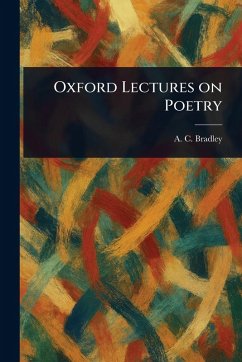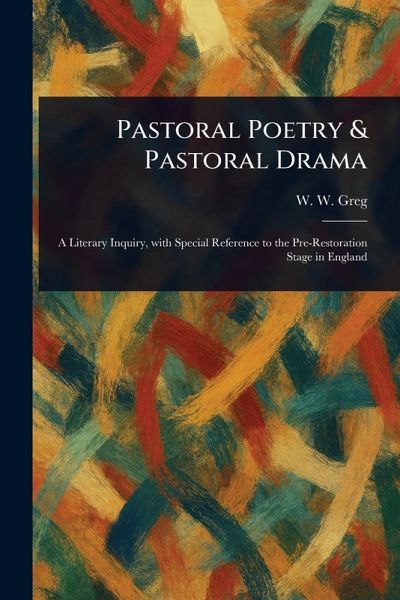
Pastoral Poetry & Pastoral Drama

PAYBACK Punkte
13 °P sammeln!
Explore the idyllic world of "Pastoral Poetry and Pastoral Drama," a literary inquiry into the enduring appeal of country life as depicted in English literature. Walter W. Greg delves into the rich history of pastoral themes, with special emphasis on the pre-Restoration stage in England. This critical work examines the conventions and evolution of pastoral poetry and drama, offering insights into their cultural significance and literary artistry. From idealized shepherds to the simple pleasures of rural existence, Greg analyzes how writers have used the pastoral tradition to explore themes of ...
Explore the idyllic world of "Pastoral Poetry and Pastoral Drama," a literary inquiry into the enduring appeal of country life as depicted in English literature. Walter W. Greg delves into the rich history of pastoral themes, with special emphasis on the pre-Restoration stage in England. This critical work examines the conventions and evolution of pastoral poetry and drama, offering insights into their cultural significance and literary artistry. From idealized shepherds to the simple pleasures of rural existence, Greg analyzes how writers have used the pastoral tradition to explore themes of love, loss, and the human condition. Discover the nuances of this influential genre and its impact on English literary history. Perfect for students and enthusiasts of literary criticism, drama, and poetry, this volume provides a valuable perspective on a timeless subject. This work has been selected by scholars as being culturally important, and is part of the knowledge base of civilization as we know it. This work is in the public domain in the United States of America, and possibly other nations. Within the United States, you may freely copy and distribute this work, as no entity (individual or corporate) has a copyright on the body of the work. Scholars believe, and we concur, that this work is important enough to be preserved, reproduced, and made generally available to the public. We appreciate your support of the preservation process, and thank you for being an important part of keeping this knowledge alive and relevant.





